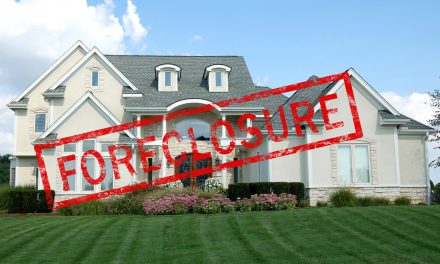Question:
Does a low home sales inventory situation cause home prices to rise?
Answer:
No, inventory is not a reliable indicator of future home pricing.
It’s a common misconception that low inventory translates directly to higher prices.
An example from the grocery store: when there’s a shortage on sought-after produce like oranges, the price of oranges goes up. But what if the shortage was in a produce that no one really wants, like brussels sprouts? Would the shortage on brussels sprouts really make a difference in prices? Not so much.
Homes are like produce in this sense: pricing always comes back to demand. Inventory (supply) is a side issue and only matters to prices if demand is present to begin with.
California’s current multiple listing service (MLS) market looks more like brussels sprouts than oranges. Homebuyers are skeptical of purchasing today due to the suicidal rise in prices during 2013, caused entirely by speculator over-activity. Add that lack of confidence in the housing market to the collective lack of income due to the slow jobs recovery and you have a low-demand situation.
Today’s low demand is reflected in a slipping home sales volume, expected to drag home prices down throughout 2014.
Sellers will price their homes at yesterday’s prices until they’re forced to face reality and lower them—the sticky pricing phenomenon. It usually takes several months for sellers to adjust their price expectations. However, adjust downward they will, for homebuyers ultimately set the price of homes, not sellers.















As someone dealing with inventory issues in San Francisco,
So, if “normal” in a given district is ten shoppers for a single family home, and “normal” is ten listings. Thus balanced. So if there are five shoppers (50% reduction) of normal. But only one listing this won’t affect the price of that home?
Wow, come check out our market sometime. It is just about 100% inventory driven.
That is an interesting question, but the answer sounded more like a politician that either does not know the answer or likes to hear themselves talk.
While inventory isn’t the entire picture, it’s ridiculous to think it doesn’t directly effect prices. Also, the statement that price increases in 2013 was ” caused entirely by speculator over-activity.” shows a lack of in depth understanding of what really happened. Yes, speculation was a factor but it only served to accelerate the market increase. You oversimplify the cause and effect formula and underestimate the desire to purchase and the pent-up demand. Not a good limb to be out on.
I would be curious to know what area Carrie states is a slipping home sales volume. In the entry level areas of LA where I arrange private money loans in, the properties are snapped up as soon as they hit the market. This is from Whittier to So Central. ” The Wood is making the Hood good, one property at a time”